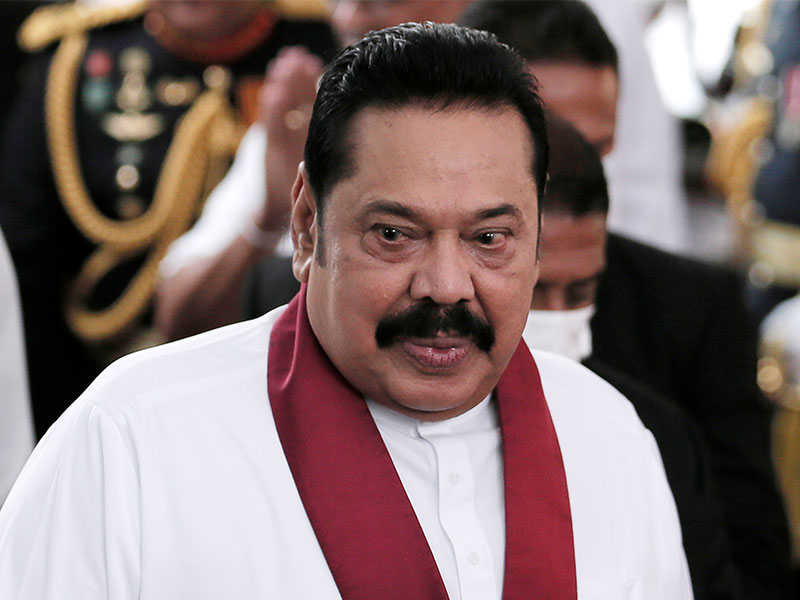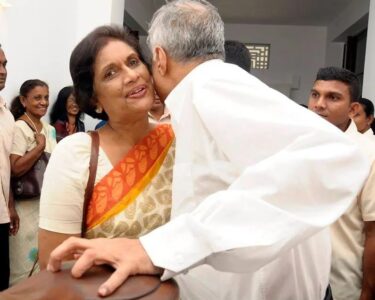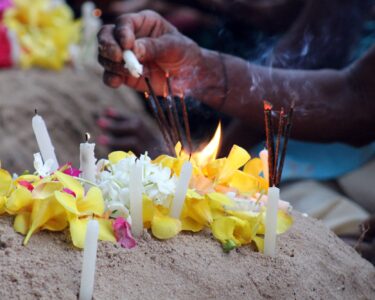Former President Mahinda Rajapaksa, who has been accused of mishandling the economic crisis and leading the country into bankruptcy, visited Kandy on Wednesday night (15) and paid homage to the Sacred Tooth Relic.
Former President Mahinda Rajapaksa, who was also finance minister, said that he would not accept the Supreme Court judgment that he and several others in the government were responsible for mishandling the economic crisis in the country.
Replying to a query from the media, the former Finance Minister said that he would explain the reasons when he got the opportunity.
Number of allegations:
There have been credible allegations that Mahinda Rajapaksa and his family have played a significant role in Sri Lanka’s economic crisis. The Supreme Court of Sri Lanka has held former President Gotabaya Rajapaksa and several other officials from his government, including Mahinda Rajapaksa, responsible for mishandling the economic crisis. The court’s verdict came after a petition filed by Transparency International Sri Lanka (TISL) along with activists Chandra Jayaratne, Jehan Canagaretna, and Julian Bolling in the public interest calling for action against persons responsible for the prevailing crisis in Sri Lanka.
The allegations against Mahinda Rajapaksa and his family stem from a series of economic policies that are widely believed to have contributed to the country’s current financial woes. These policies include:
Large-scale borrowing from foreign lenders: The Rajapaksa government borrowed heavily from foreign lenders to finance infrastructure projects and other initiatives. This borrowing came at a high cost, as the country’s foreign debt grew to unsustainable levels
Tax cuts: The Rajapaksa government also implemented a series of tax cuts, which reduced government revenue and further strained the country’s finances.
Mismanagement of state-owned enterprises: Several state-owned enterprises under the Rajapaksa government were mismanaged, leading to significant losses.
These economic policies, along with other factors such as the COVID-19 pandemic, have contributed to Sri Lanka’s current economic crisis. The country is facing severe shortages of essential goods, including food, fuel, and medicine. Inflation has skyrocketed, and the currency has depreciated sharply.







